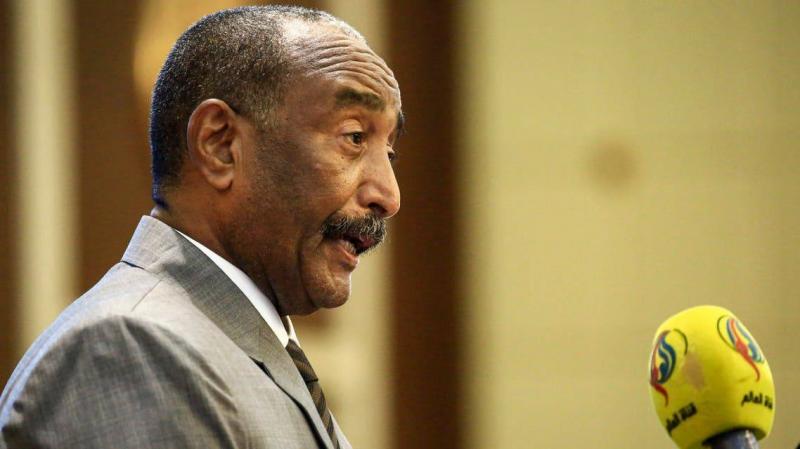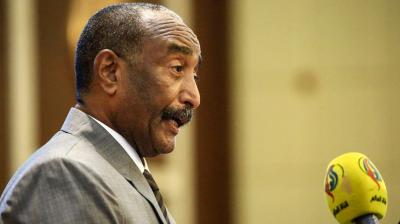Amid ongoing and evident disputes between the military and civilian components in Sudan, the media advisor to the President of the Transitional Sovereignty Council, Brigadier General Taher Abu Haja, warned of delays in the decision to dissolve the government, marking the first explicit expression from an official in this regard. He stated in an article obtained by Al Arabiya.net, “If the difficult decision is not made today, it will be harder tomorrow, even harder.”
Lack of Competence and Objectives
He also considered that the current government, led by Abdullah Hamdok, has effectively dissolved itself, becoming devoid of tasks, competencies, and objectives since abandoning the constitutional document. He explained that “the government cut the rope that connects it to the people and became alienated, like a plant that has neither land to grow nor any support," according to his expression. Furthermore, he noted that the mistake made by the government was in the fragmentation of the entities it represented (from the civilian component), in addition to excluding some components.
He elaborated, “What was asked of them, except to unite their ranks without exclusion, respect their document without deceit, work for the nation and not for the parties, and serve the people rather than engaging in conflicts over positions?” referring to a group within the ruling Coalition of Freedom and Change.
Additionally, he affirmed that the Sudanese people have shown patience during the transitional government period hoping for improvements, yet nothing has changed and the situation has only deteriorated. He also held the government responsible for the ongoing crisis in the country, due to the allocation of power among its factions, stating, “It is the allocations and bravado that haven't even killed a fly!”
Escalation of Disputes
It is noteworthy that since the attempted coup on September 21, the conflicts have crystallized and the disagreements between the military and civilian components that had agreed to temporarily govern the country since the fall of Omar al-Bashir's regime in order to conduct legislative elections and form a new authority have become apparent. Both parties have exchanged accusations and responsibilities concerning the dire economic, living, and security conditions in the country. Moreover, some political entities, including the Sudanese Professionals Association and the Forces of Freedom and Change, have accused the military component of attempting to seize power and undermine the civilian component, which the military forces and the Sovereignty Council have repeatedly denied, asserting their commitment to transferring transitional authority after the elections are conducted.




